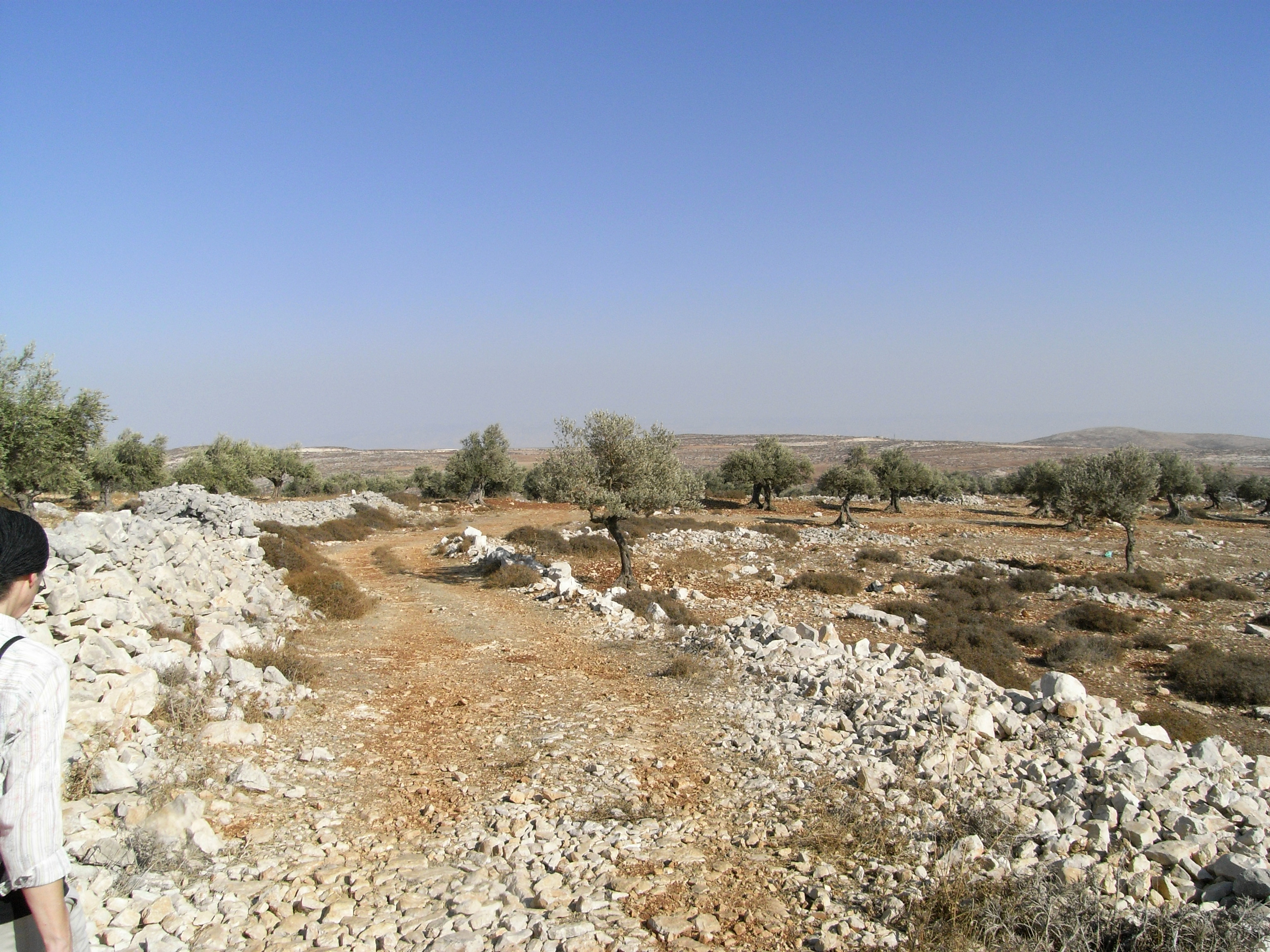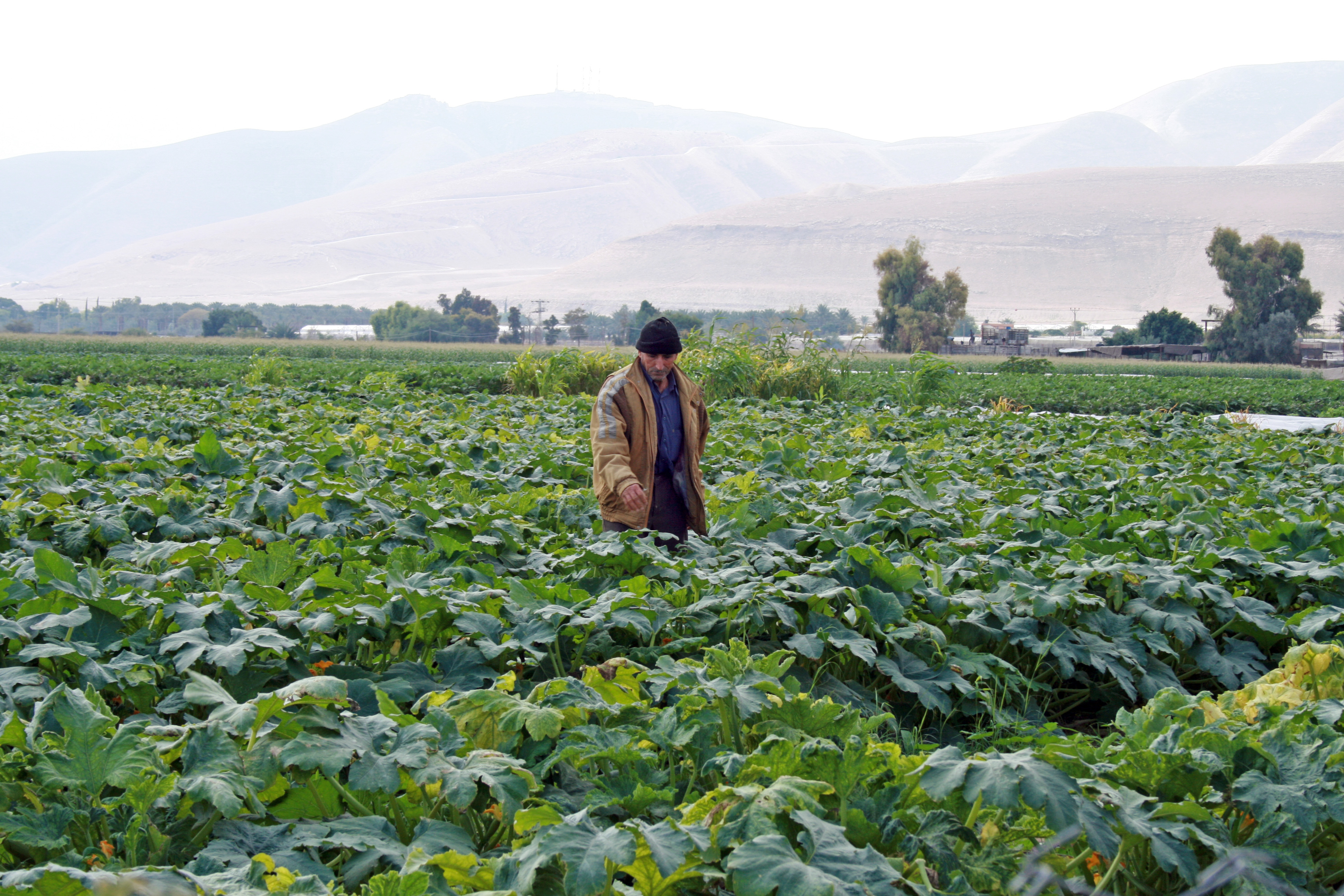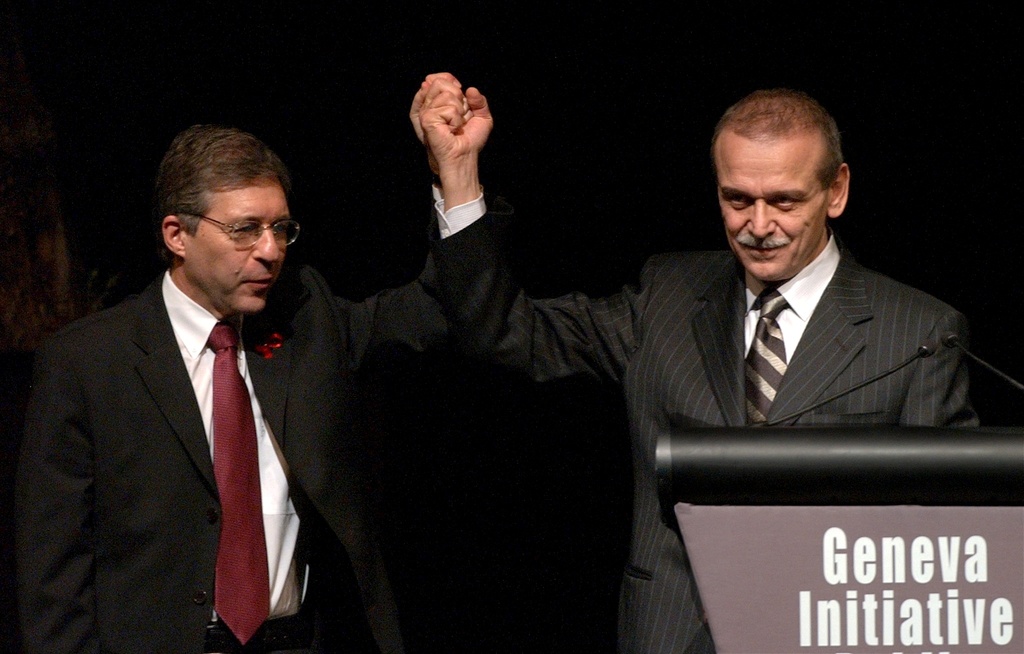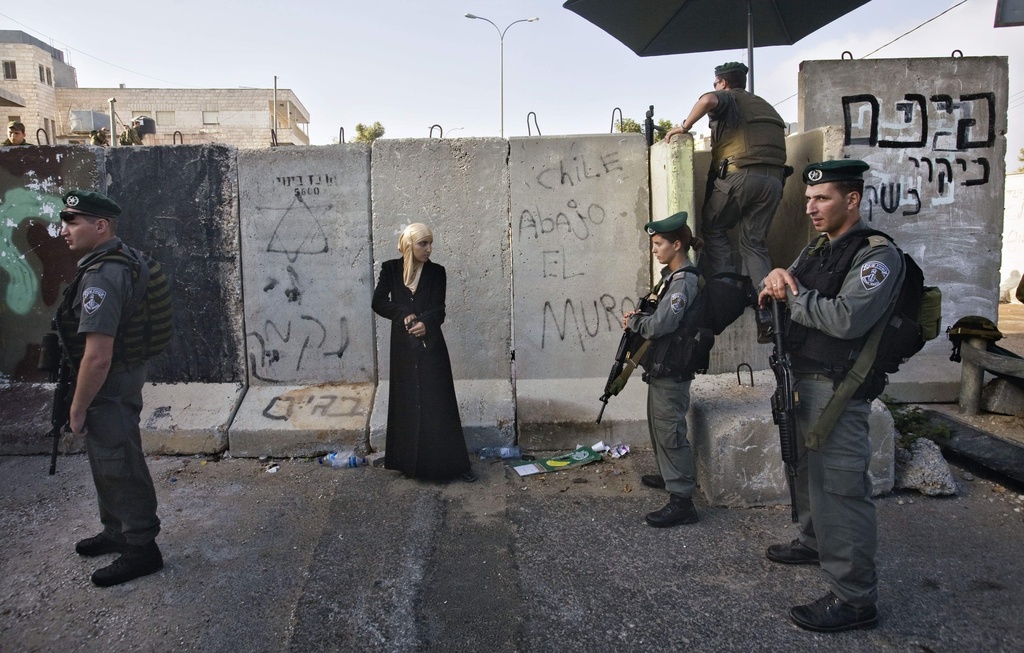Palestinians hope for recognition – but of what?

Will Palestine become the 194th member of the United Nations? What type of state do Palestinians want and what will the consequences be for the region?
On Wednesday several thousand Palestinians streamed into the centre of Ramallah, a West Bank city just north of Jerusalem, in a show of support for their president’s bid to win UN recognition of a Palestinian state.
The rally, in a small square in downtown Ramallah, was carefully orchestrated, with civil servants and schoolchildren given time off to participate. Crowds of youths hoisted Palestinian flags and chanted slogans calling for the establishment of an independent Palestine.
President Mahmoud Abbas is to address the UN General Assembly in New York on Friday and request full UN membership. With peace talks deadlocked for the past three years, the Palestinians believe a strong international endorsement will improve their position in future negotiations.
Israel and the United States strongly oppose the push, saying peace can be achieved only through negotiations.
Open questions
Some 83 per cent of Palestinians believe the bid is a good idea, even though nearly as many – 78 per cent – expect it will make their daily lives more difficult, according to a poll published last week by the independent Palestinian Center for Policy and Survey Research.
Palestinians are well aware that whether they are an official nation or not, nothing will change for now regarding the Israeli occupation of the West Bank.
In any case, intellectuals oppose applying for recognition at the moment, preferring to hold a debate on what such a state should look like, what it should offer its citizens and how to best deal with their future neighbours, notably Israel.
Giancarlo de Picciotto is head of the Swiss Agency for Development and Cooperation (SDC) Office in Jerusalem. He ought to be happy, since these are exactly the questions that he and his team regularly put to the Palestinians.
Supporting the construction of a democratic and viable Palestinian state is the cooperation office’s main task.
“If Palestine becomes the 194th member of the UN, the relationship with our Palestinian partners will certainly change,” he told swissinfo.ch.
“The Palestinians must be clear about what type of state they want. Will there be a bicameral parliament? What form of dialogue will the government look for with its citizens? What access will citizens have to justice? What type of constitution will there be?
“All these questions will need to be answered by any future political elite.”
Patchwork quilt
But views differ on the exact shape of any future Palestinian state.
According to the international definitions agreed by virtually everyone, including the United States, since 1967 Israel has occupied land – namely the West Bank, Gaza and East Jerusalem – that one day will form part of a Palestinian State.
“Yes, East Jerusalem is occupied Palestinian land – that’s why Switzerland set up its cooperation office for Palestine here in 1994,” de Picciotto said.
The West Bank currently resembles a patchwork quilt, since it was divided into three zones at negotiations in Oslo in 1993.
The Palestinian Authority (PA) is responsible for Zone A, which includes Ramallah, Bethlehem, Nablus and Jericho. Zone B is run jointly by Israel and the PA, and Zone C, which comprises more than 60 per cent of the West Bank, is controlled by the Israeli army.
Israeli occupation
“Zone C is populated by many Bedouin, most of whom have lived there for several generations,” de Picciotto said.
“According to the Geneva Conventions, Israel, as an occupying force, is obliged to guarantee access to education for the population.”
Israel, however, argues the Geneva Conventions don’t apply to the West Bank and therefore hasn’t built any schools for the Bedouin. It’s the international community that has stepped in and set up places for education.
“When these schools get destroyed by the Israeli army – which happens frequently – we’re outraged. We should lobby the occupying forces better so that they respect international law and that they set up the necessary social structure for all sectors of the population,” de Picciotto said.
Lasting peace?
It’s not always easy to keep this dialogue going, he admits – especially when unpleasant things need to be addressed.
“But Switzerland, as a neutral country, can talk to all parties – and that’s what it should do. We’re here because the global community decided in 1948 – and confirmed in 1993 – that the Palestinian people, like everyone else, have the right to their own state.”
Friday’s vote in the UN Security Council and General Assembly won’t end the conflict in the Holy Land, a term uttered by most people here with cynicism.
“We’re certainly not going to run out of things to do,” de Picciotto said.
“Switzerland can’t afford not to have a presence here. This is a conflict with global reach. And we want to do our bit so that one day there’ll be lasting peace in the Middle East.”
A development office of the Swiss foreign ministry, which also has a representative (diplomatic office) to the Palestinian Authority in Ramallah and an embassy to Israel in Tel Aviv.
In charge of development and humanitarian programmes, its turnover is SFr20-22 million per year.
It is responsible for programmes and projects in Gaza, the West Bank and East Jerusalem.
The programme concentrates mainly on human rights, good governance and economic development.
Its humanitarian focus is to assist the most disadvantaged people, including refugees. The programme also relates to the support of Palestinian institutions to build their capacities.
Giancarlo de Picciotto has been head of the office for three months. Before that he was desk officer for the Gaza and West Bank programme. He is an agronomist by training.
(Adapted from German by Thomas Stephens)

In compliance with the JTI standards
More: SWI swissinfo.ch certified by the Journalism Trust Initiative















You can find an overview of ongoing debates with our journalists here . Please join us!
If you want to start a conversation about a topic raised in this article or want to report factual errors, email us at english@swissinfo.ch.